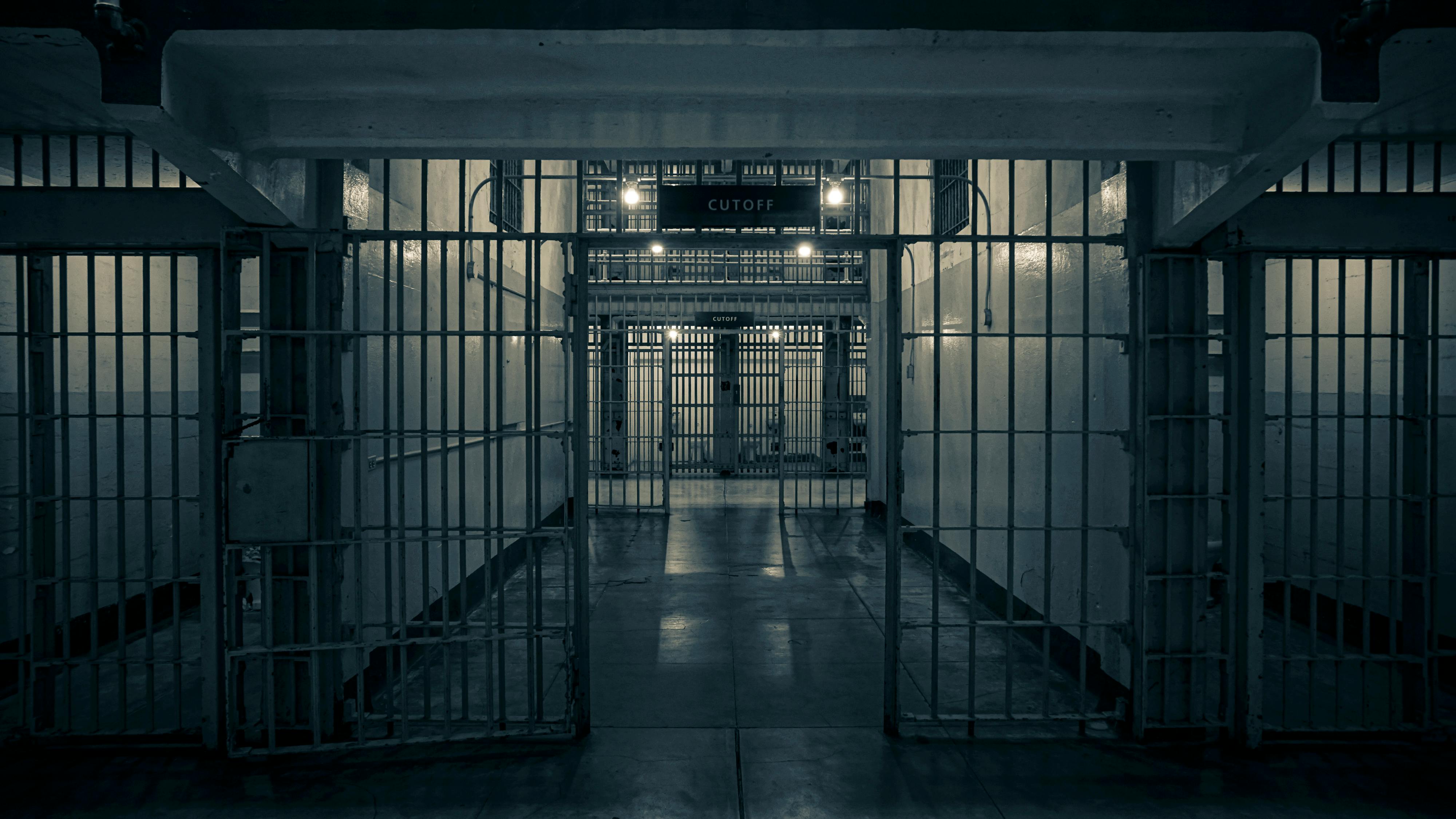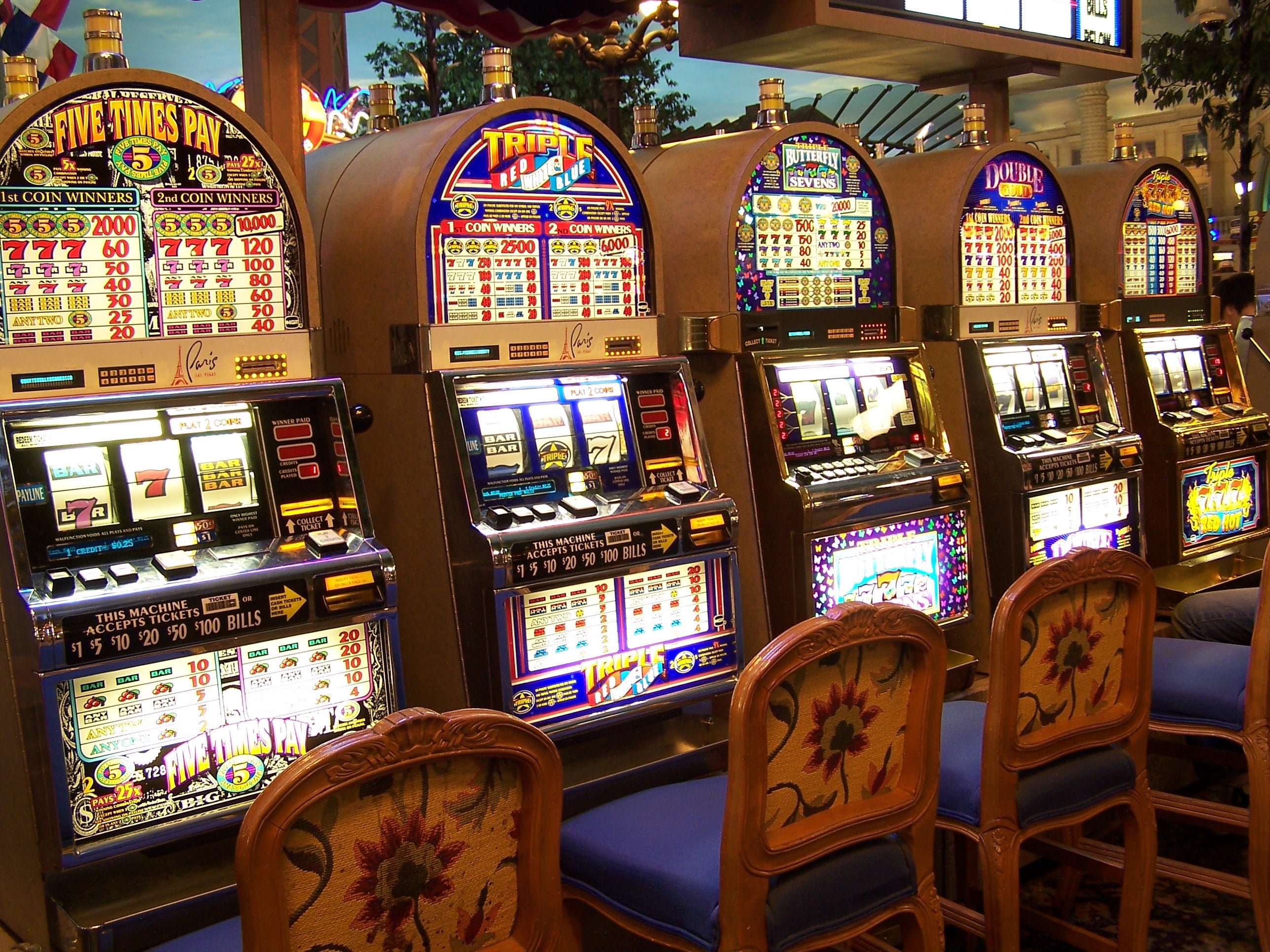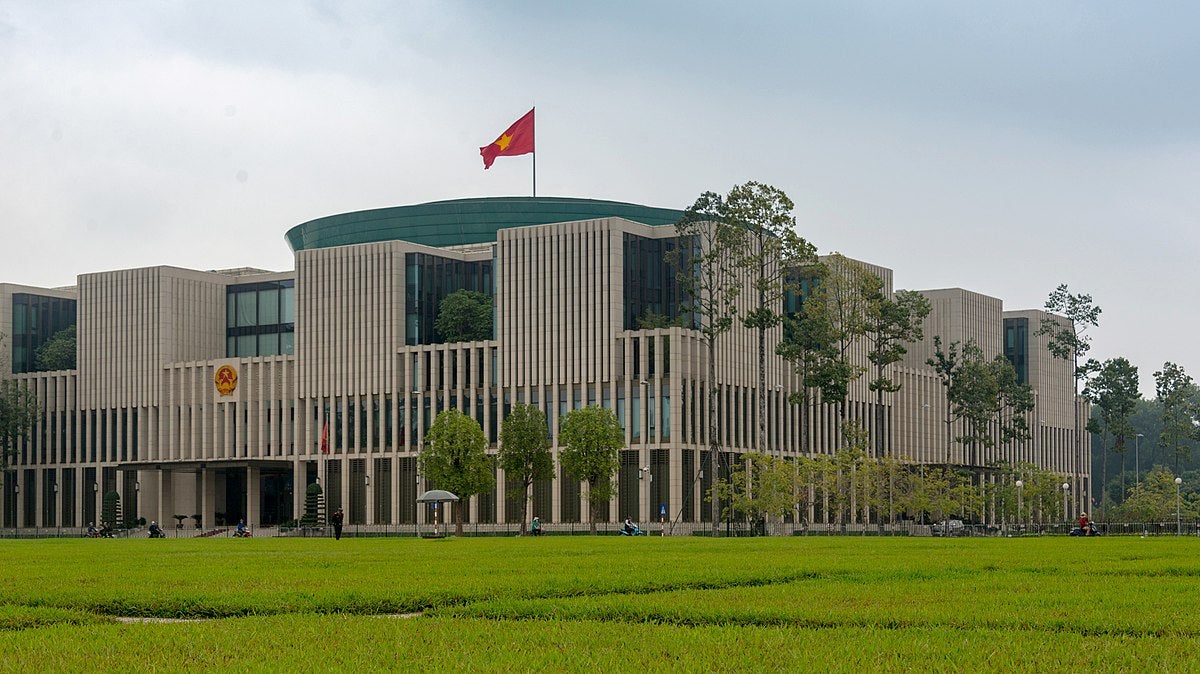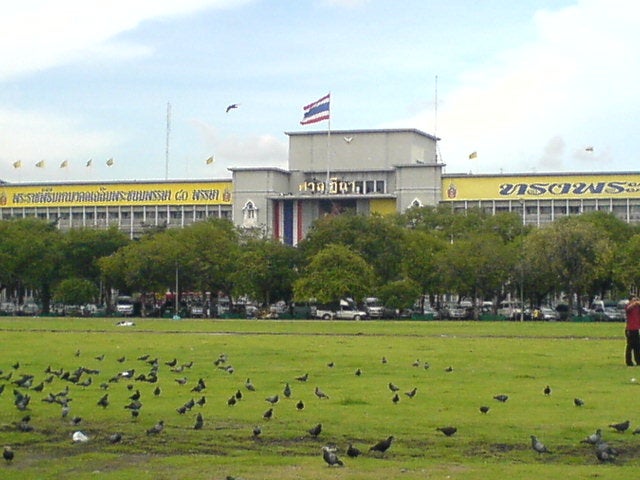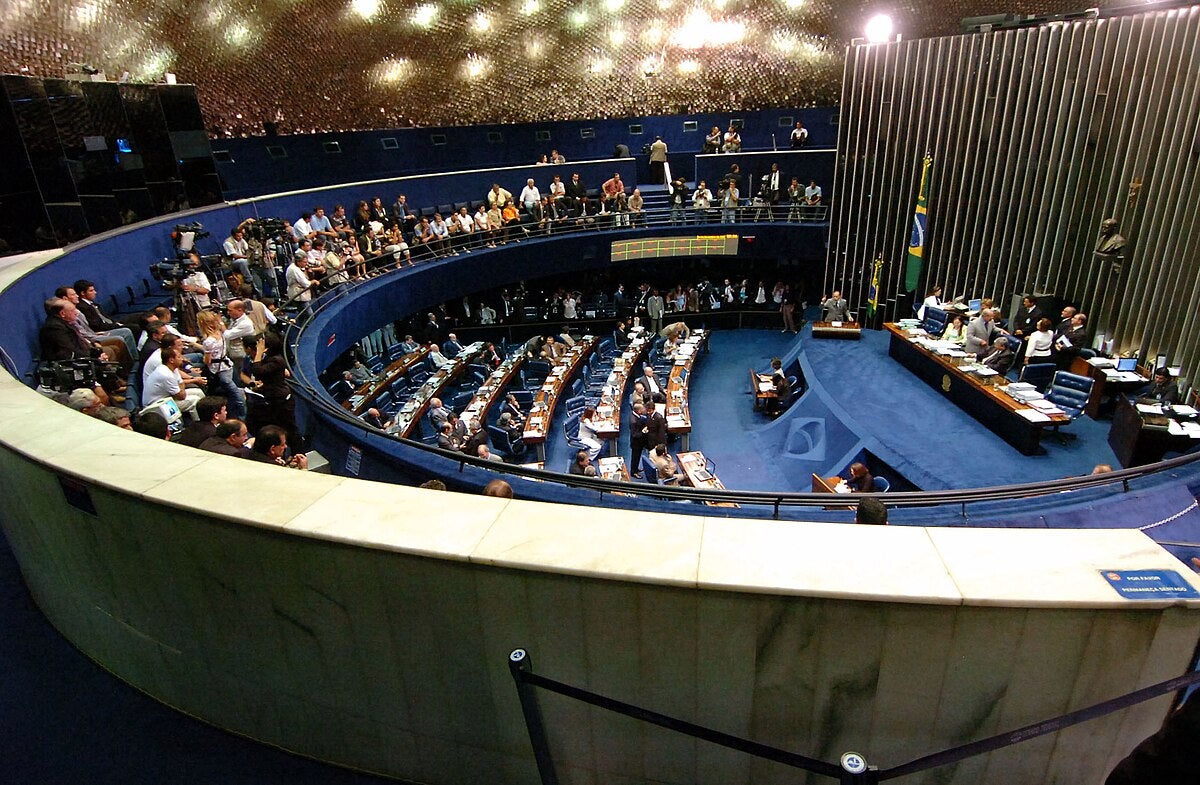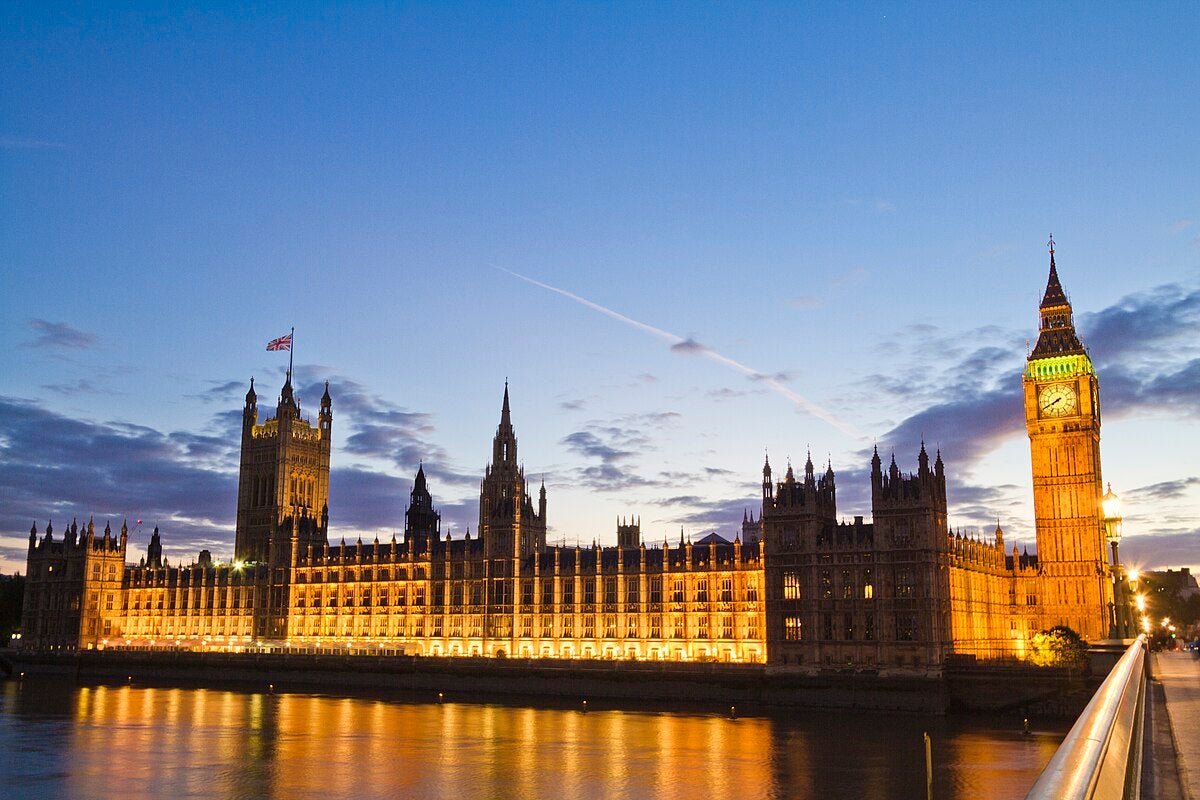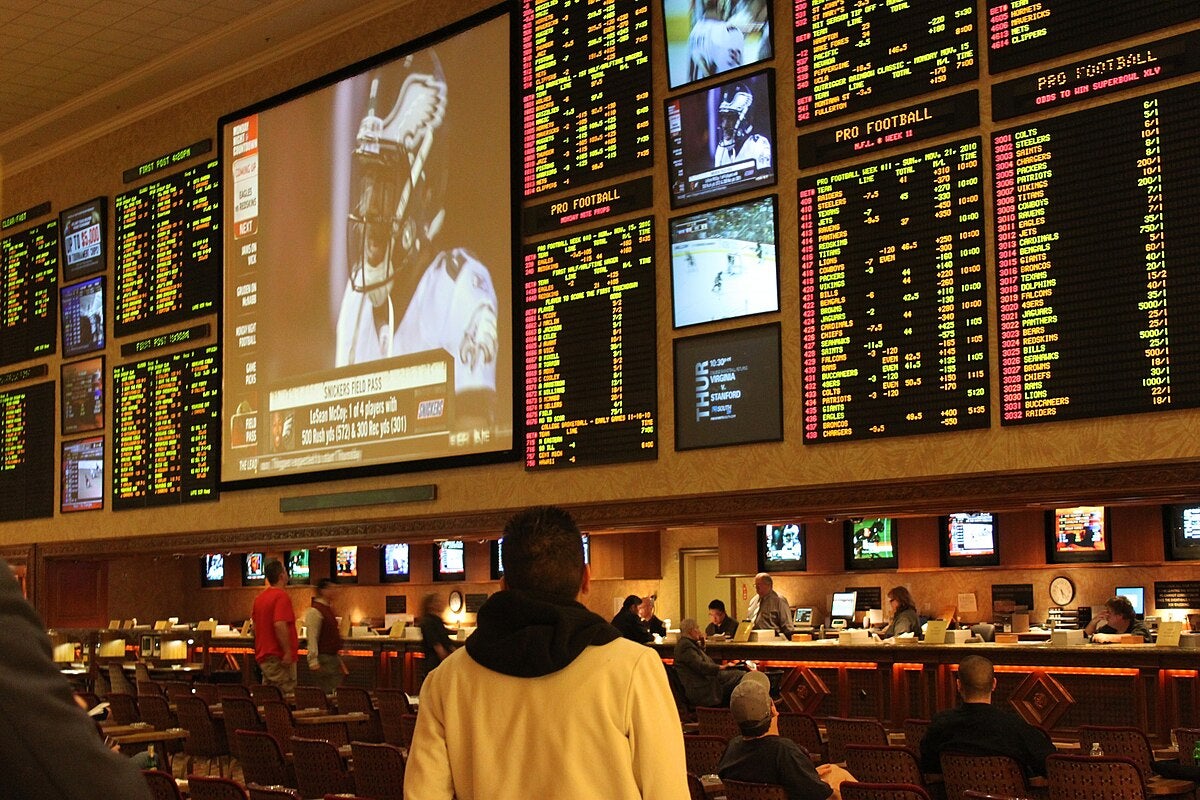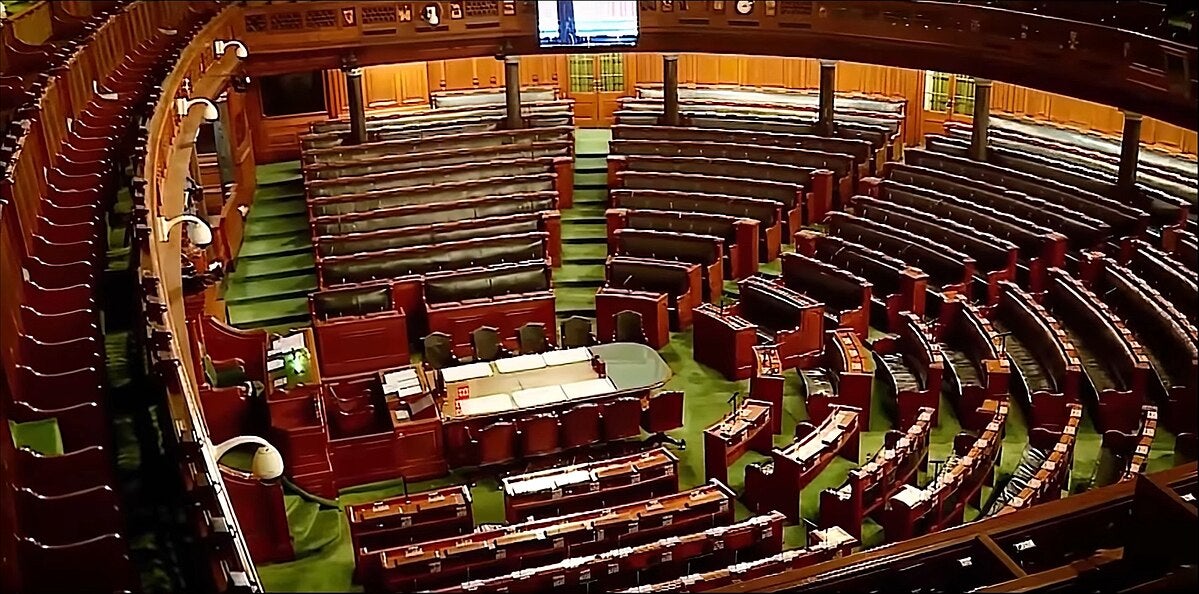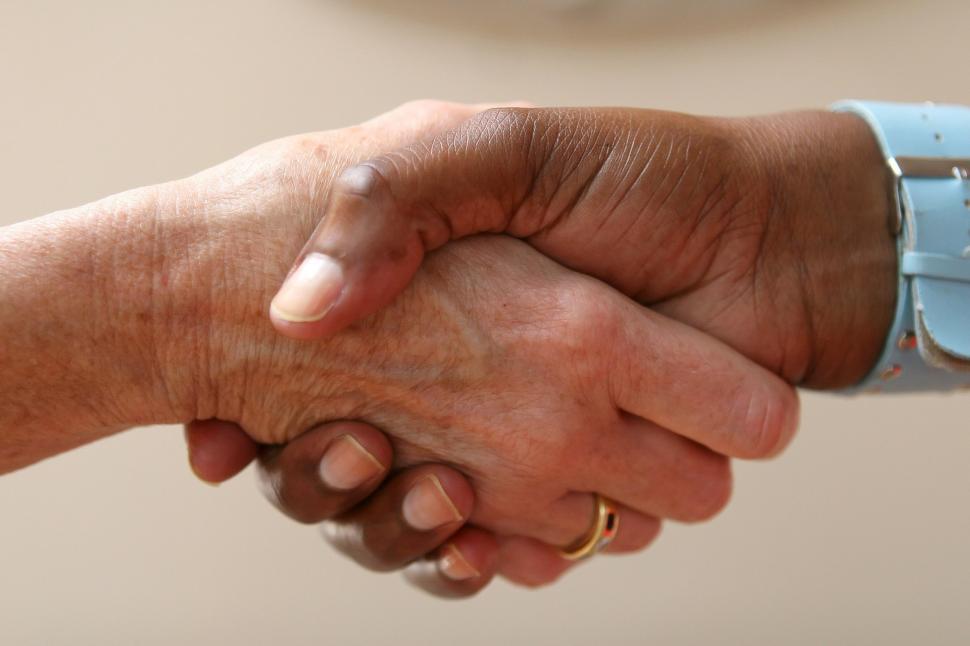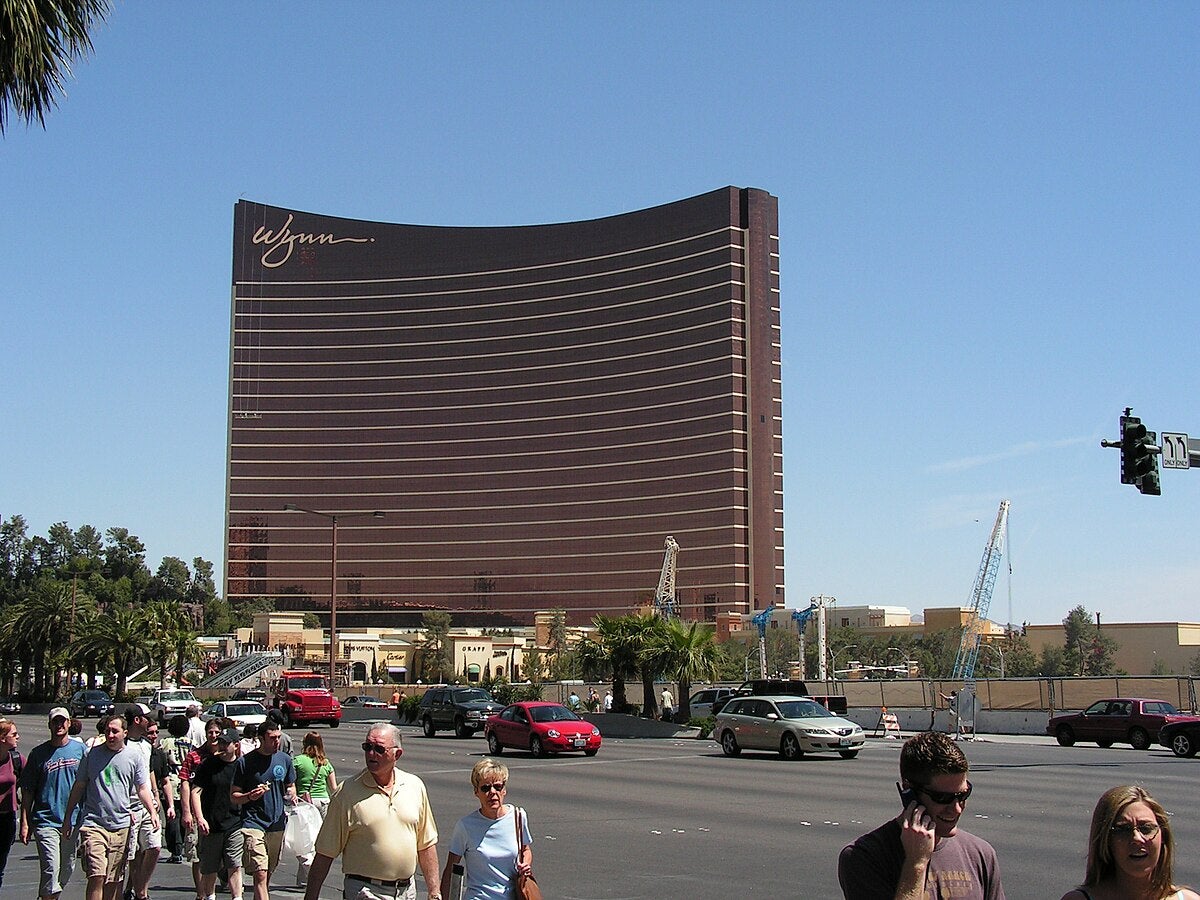Targeting Digital Gaming
UK lawmakers propose overhauling gambling taxes to address disparities between brick-and-mortar and digital sectors. While sports betting retains a 15% general duty, online operators face 21% remote gaming taxes, with land-based machine rates reaching 50% in premium brackets.
The Treasury Committee argues that current structures inadequately reflect the intensive engagement with digital products such as slots and live dealer games. Industry groups counter that hikes could jeopardize 50,000 sector jobs and divert £1.2 billion annually to unlicensed platforms, undermining sports sponsorships and regional employment initiatives.
Analysts suggest recalibrated tiered tax rates might yield £1.5–£2 billion annually for National Health Service (NHS) funding and addiction services, a prospect that fuels reform advocates. Treasury officials continue to weigh the operational impacts against potential windfalls.
Potential Economic Fallout
The Betting & Gaming Council has intensified its opposition to proposed tax reforms, warning that higher taxes could jeopardize its annual contribution of £6.8 billion and its 100,000-strong workforce. Industry representatives testified that current funding for horse racing, football leagues, and grassroots darts initiatives might be reduced under greater financial burdens.
During a parliamentary inquiry led by MP Meg Hillier, operators faced questioning about product-related societal risks but avoided categorizing games by their potential for harm.
Adapting Market Habits
Lawmakers dismissed these concerns as hyperbolic, asserting the need to prioritize public revenue over sector interests. With the autumn budget poised to address gaming taxes, officials emphasize balancing fiscal gains with regulatory oversight of market competitiveness. Consultations with different departments, including economists and harm reduction advocates, will precede the final decisions.
Gaming operators may shift toward slower-paced formats and revised bonus structures to offset potential tax hikes. Some have already implemented longer play intervals and transparent odds displays.


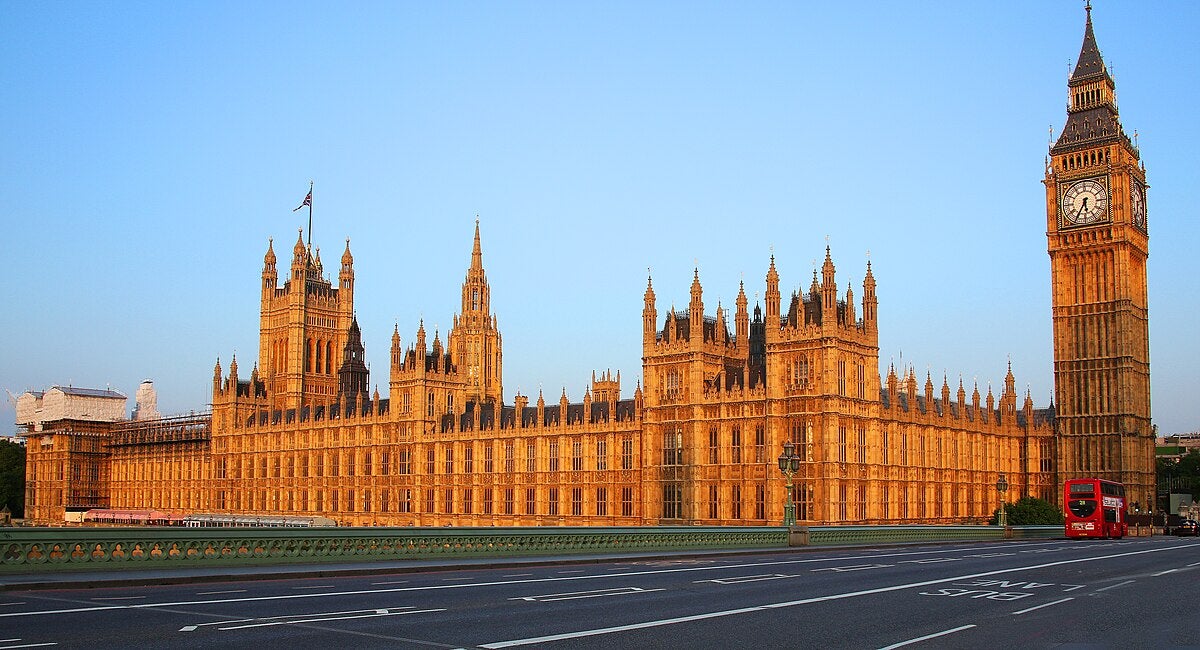

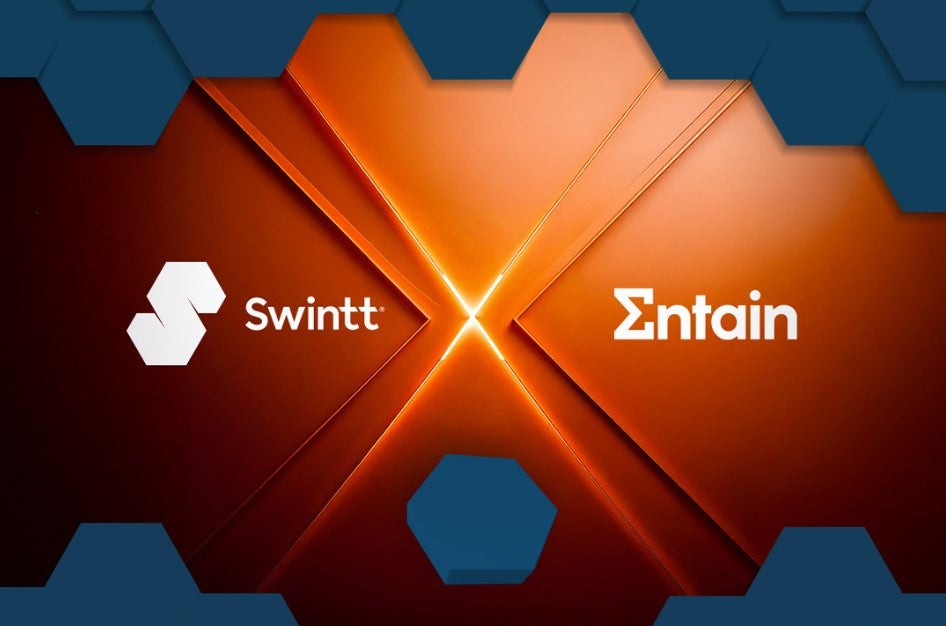


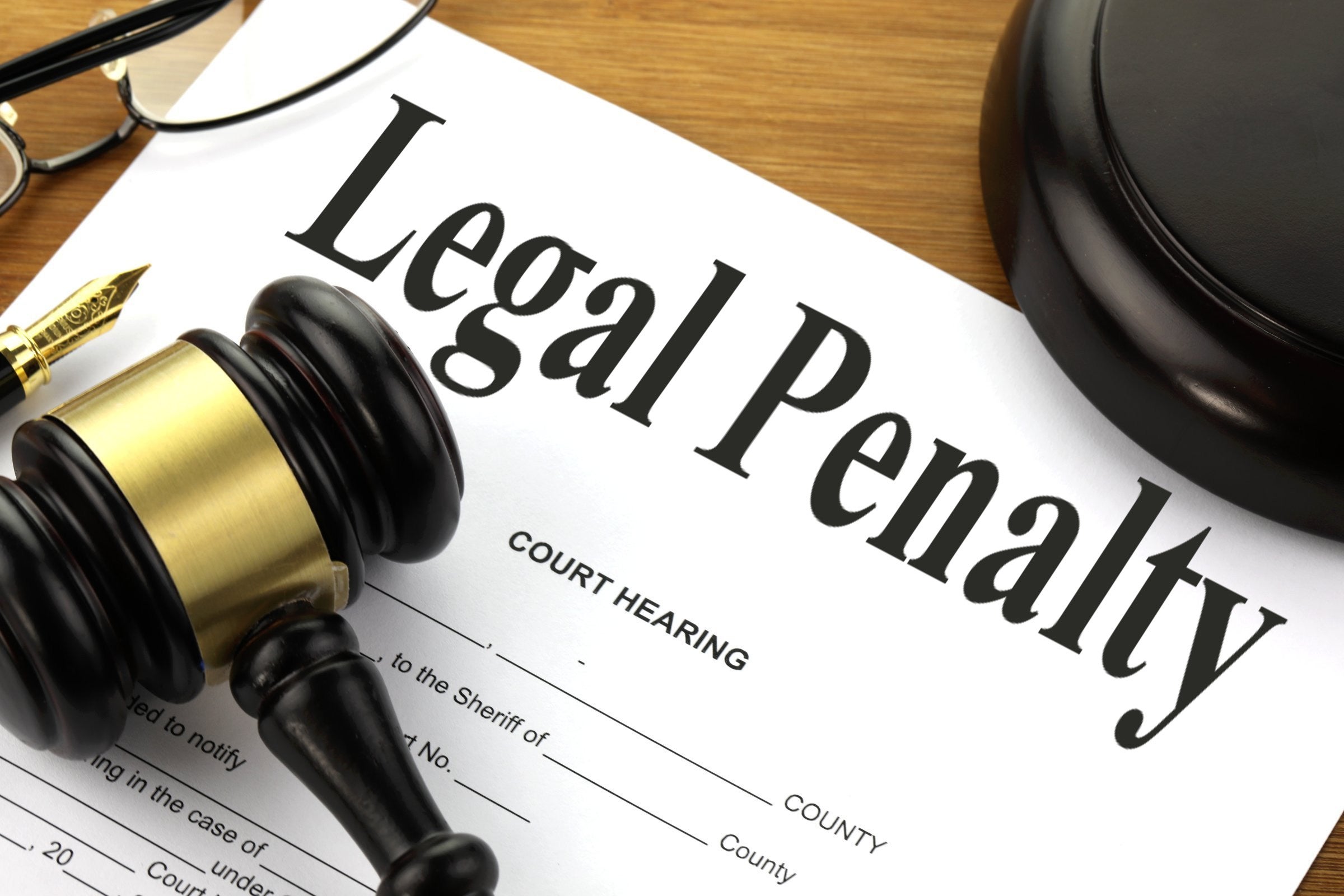



.jpg)






